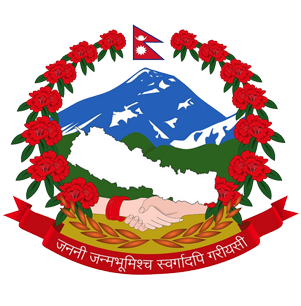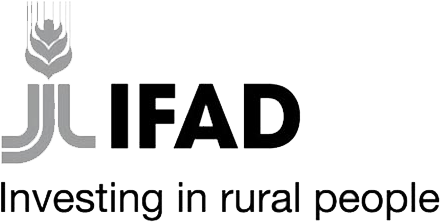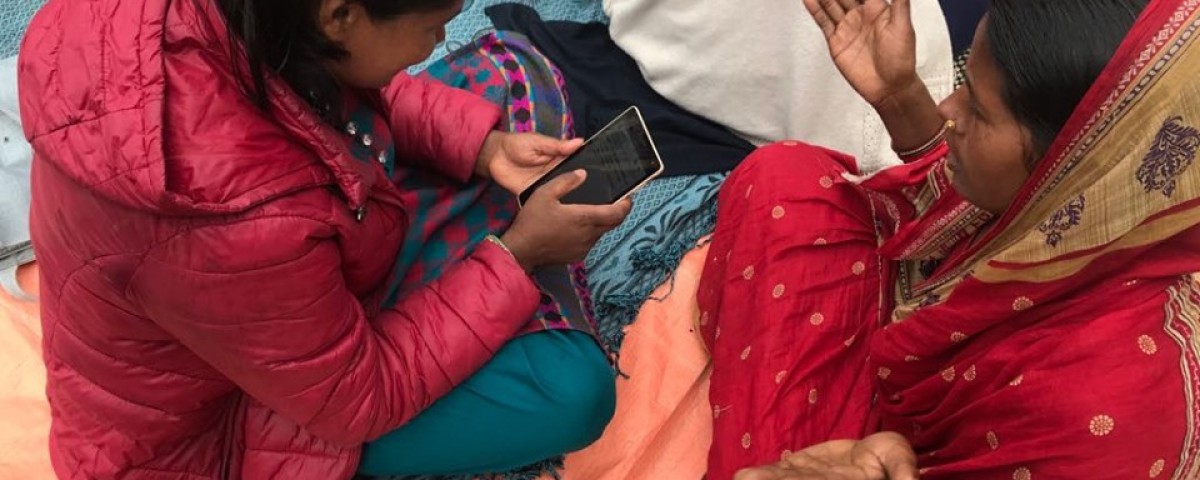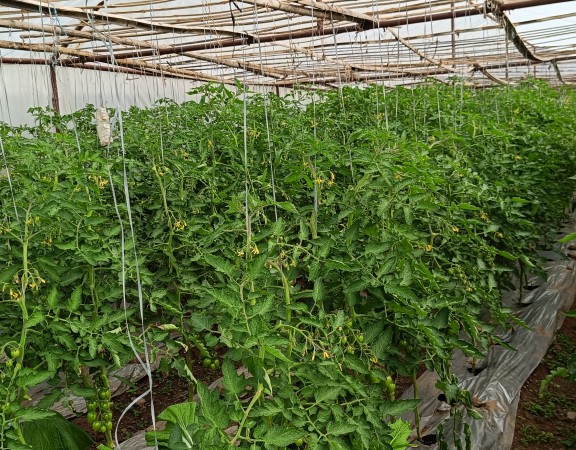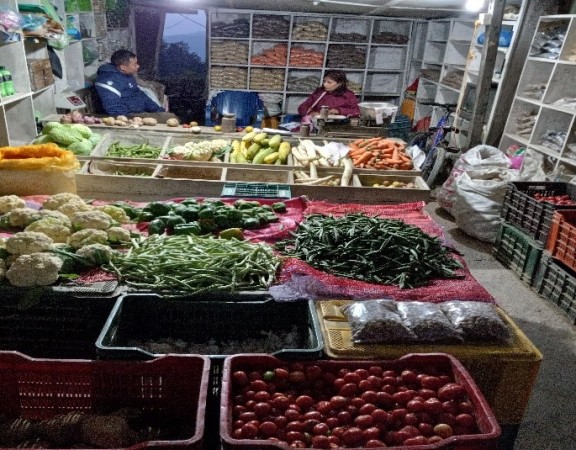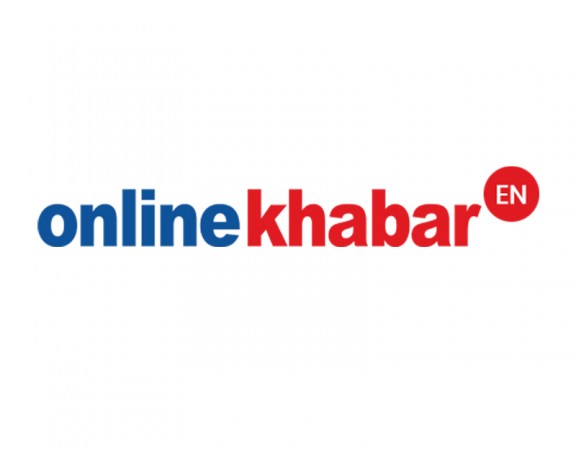Intervention of Farm Diaries with better data aids RERP targeted groups
In 2020, the Rural Enterprises and Remittances Project (RERP) developed both tablet and web based online M&E system equipped with the farm diaries for project selected supply chain commodities namely for ─ Vegetable, Milk, Goat, Fish and Medicinal & Aromatic Plants (MAPs). The farm diaries include information on the project selected supply chain for the promotion of agri enterprises.
- Baseline details on socio-economic status of farmer households.
- Plans on production and investment including detail financial records such as income, profit, losses, and expenses.
- Useful information to the farmer
At the initial phase farmers started to learn about developing the production and investment plans. Seeing their own farm status stored in farm diaries, farmers were motivated to reflect upon their financial condition. This also enabled farmers to be familiar with the trends on business and make comparisons within their farm they had made so far.
According to the farmers’, earlier they had no idea of developing production and investment plans for their farm businesses.
Farmers were doing agribusiness in an adhoc way. Farm production was haphazardly done. Farmers were unknown about the real profit or loss. On the other hand, local businessmen were reluctant to buy from farmers what they had produced because of lack of right information. The idea of collective marketing was quite difficult for both farmers and businessmen. Beside this, the farmers were also not able to quantify the amount of production they will produce. Accurate infomation would have eased both farmers and buyers plan their businesses. Implementation of farm diaries now have been one of a very useful tool to access information for all the parties involved in the local supply chain business.
Keeping track of their plans, income and expenses in the farm diaries, the farmers are more confident and are capable in quantifying their total approximate production by calculating production plans of individual farmers of the related producer groups. Nowadays farmers are less interested in gossiping on nonproductive matters but have started to discuss ideas about maximizing earnings from businesses within their groups.
More fascinatingly, they are also enthusiastic to feed the data into the tablets provided by the project. Project appointed staff working in the ground such as Financial Education and Entrepreneurial Knowledge (FEEK) facilitators and Economic Development Facilitator (EDFs) are helping feed the data directly from field areas to the farm diaries. This firsthand information is then transported into online farm diaries. Information at this point is cross-checked, validated, and confirmed for the Monitoring and Evaluation purpose at the project.
The data fed in the online farm diaries are accessed and quality cross checked by the staff in the field level at corridor offices and Project Management Office.
The project team as on when needed can analyze field information exporting into the excel sheets. The analysis in many ways has been helpful to know ─how the Project aid is being helpful for the beneficiaries. Project teams can find out the financial conditions of farmers in relation to their incomes and losses. Furthermore, quality data has also been relevant to identify the appropriateness of project intervention to be carried out. In overall, the real time data is supporting the M & E and KM team in the planning phase of the project activities as data is stored into the database and populated to the dashboards. Later, this has been helpful to capture project best and successful practices too.
This practice of farm diaries as funded by IFAD within the country projects have been initiated by High Value Agriculture Project (HVAP); later followed by Kishan Kaa Lagi Unnat Beubijan Karyakram(KUBK) and now Rural Enterprises and Remittance Project “Samriddhi” is taking it to next high level.
The successful M&E system of RERP is being replicated and owned by the Government of Nepal’s ─ Ministry of Industry, Commerce & Supplies and International Fund for Agriculture Development (IFAD) as the lead agencies.
